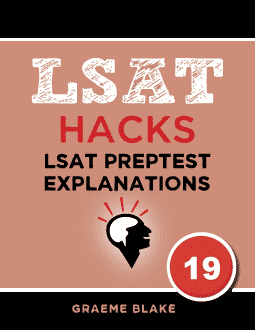DISCUSSION: The author mentions Drescher in the second paragraph, and half of that paragraph is devoted to criticizing Drescher’s argument (lines 20-28).
Further, the author seems to agree with Eltis that British liberty was exaggerated. How else could notables get away with calling for the enslavement of the unemployed (lines 35-37)?
Lines 30-31 are also important. Drescher’s view is “idealized”.
However, the author does agree with Drescher that the abolition movement had widespread popular support. So Drescher is not completely wrong.
___________
- The author disagrees. Notables were calling for enslavement of the unemployed!
- CORRECT. This is the best answer. It’s clear that there was much popular support for abolition, so there was some support for liberty.
But likewise, the calls for enslavement of the unemployed (lines 35-37) show anti-liberty opinions that would be unthinkable today.
- Lines 20-28 show the author might disagree with this. If Drescher had done careful research, he might have been able to explain why abolition was popular across all classes.
- This doesn’t fit. Drescher was quite certain in his opinions. The author criticized Drescher for lacking an explanation for his argument
(lines 20-28), but not for uncertainty. - The author never said that Drescher was convincing, even superficially.


Leave a Reply